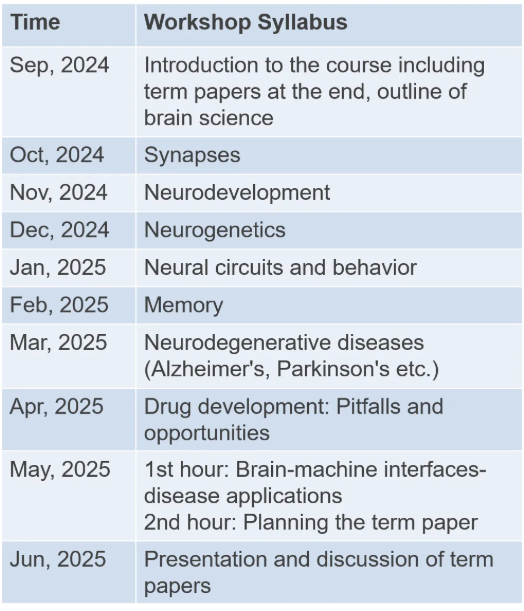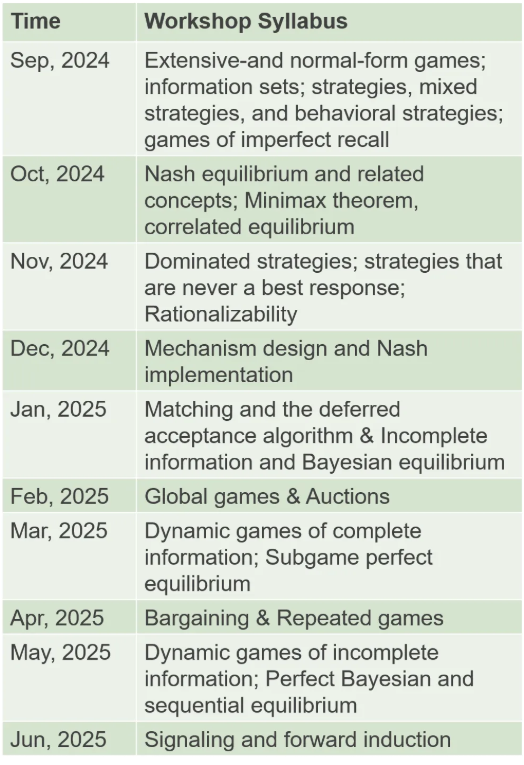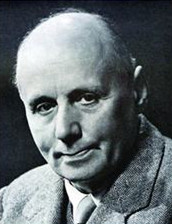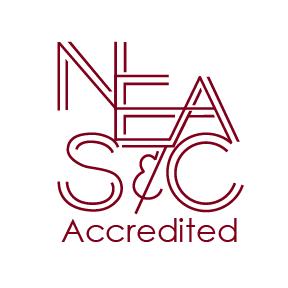It's a rare opportunity for high school students to communicate directly with Nobel Laureates. Previously, I kept up with the latest trends by reading economic journals and papers. Now, having the chance to learn directly from a top expert in economics is an incredible honor.
This course covers a lot of content in a short amount of time—topics like Nash equilibrium, mixed strategy, and Cournot oligopoly are packed into just three sessions. The homework feedback from the teaching assistants has been invaluable in reinforcing my understanding. I also really appreciate the questions my classmates ask during class. Their questions often bring new perspectives, and the professor’s responses help guide me to deeper insights, enabling me to not only grasp the theoretical concepts but also understand their real-world applications.
In writing my IB Economics papers, we often analyze the effects of different policies on various stakeholders (like producers, consumers, and governments). The game theory concepts covered in the Nobel course are closely related to the skills we use in IB Economics. Game theory has given me a new way to approach problems, allowing me to think more rigorously and accurately about how policies or events might affect different groups.
Additionally, analyzing Nash Equilibrium has introduced me to the use of calculus from IB Mathematics. Through derivation, we can figure out the best strategies for players in different situations. This not only broadens my understanding of how to apply IB knowledge across subjects but also lets me experience the excitement of combining theory with real-world problems.
One of the most important skills I've gained is modeling thinking.Game theory is all about taking real-world problems and turning them into mathematical models. This approach helps simplify complex issues and makes it easier to find solutions.
It's a way of thinking that's been helpful not just in economics but also in everyday life. For example, I used to think it was strange that businesses like milk tea shops tend to cluster together, even though that would increase competition. But now, through a game-theoretic lens, I understand that this behavior is actually the result of the clustering effect and Nash equilibrium. In this case, clustering is the best strategy.
Attending the Nobel course has also been incredibly helpful for my future plans. I intend to study philosophy, PPE (Philosophy, Politics, and Economics), and cognitive science, and I'm confident the analytical and modeling skills I've learned will be applicable across these fields. In addition, I have an interest in business, and the kinds of negotiations I'll face in the business world are, in essence, complex forms of game-theoretic analysis.














